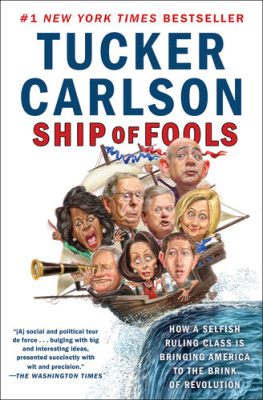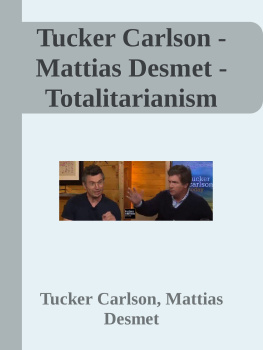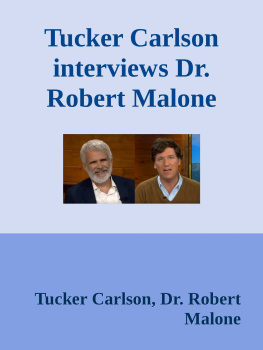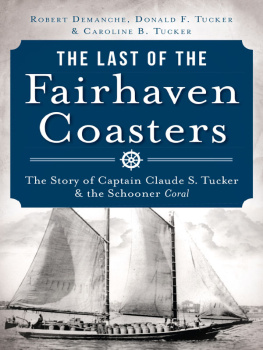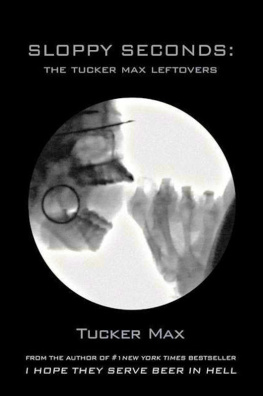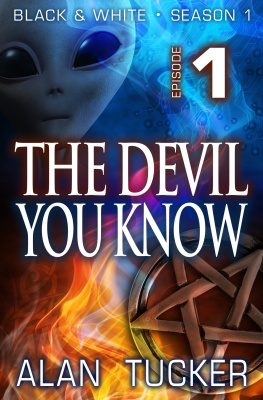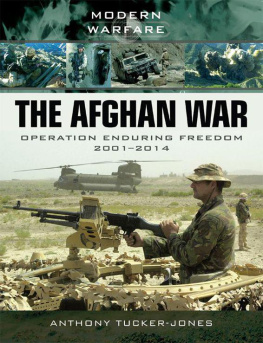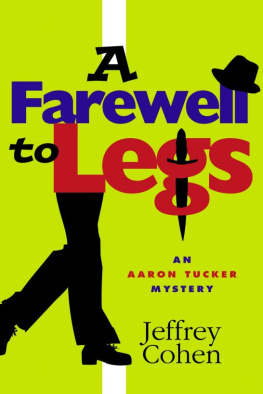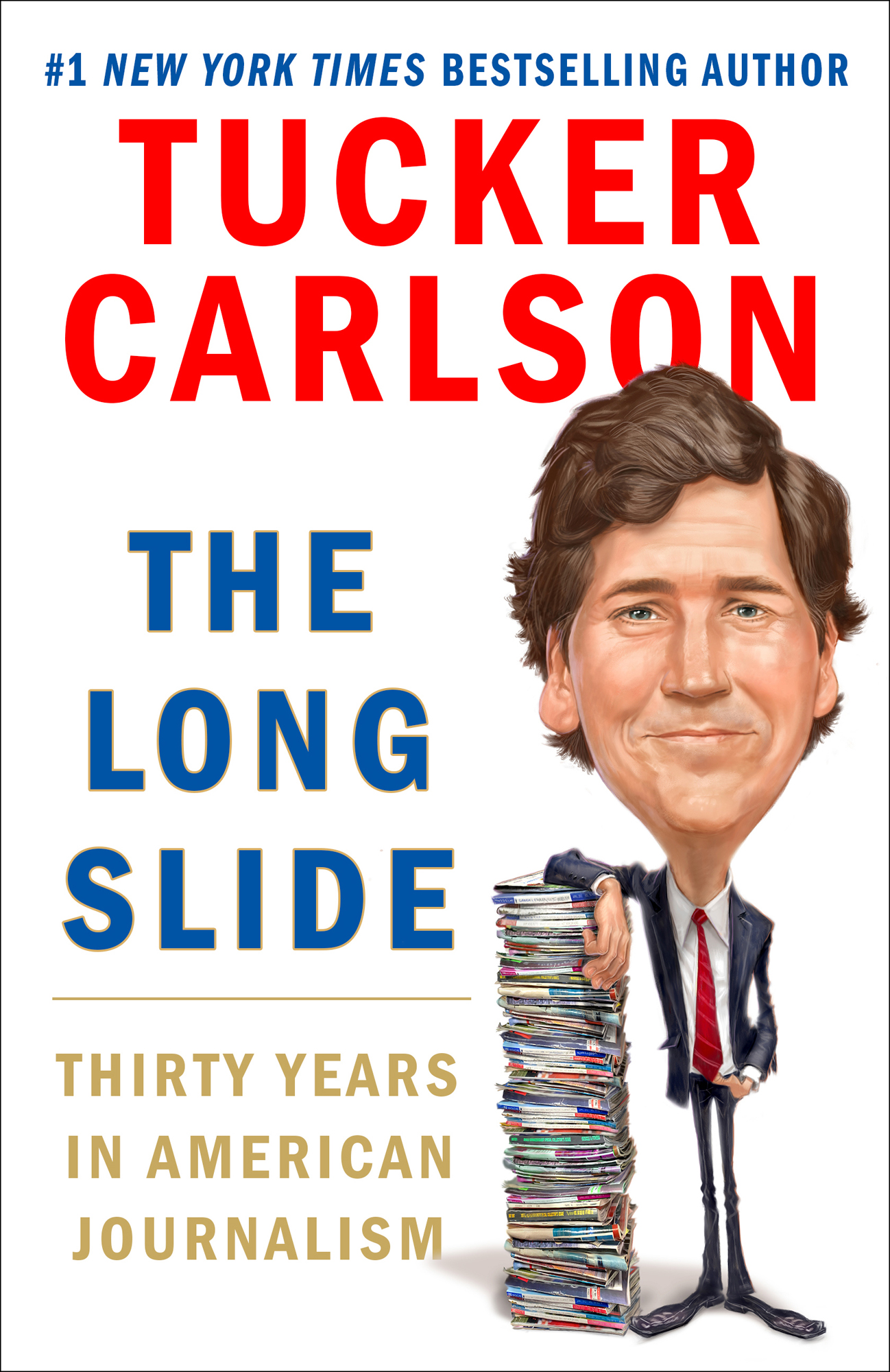Contents
Guide
#1 New York Times Bestselling Author
Tucker Carlson
The Long Slide
Thirty Years in American Journalism
To Susie
ACKNOWLEDGMENT
I d like to acknowledge Jonathan Karp of Simon & Schuster, whose descent from open-minded book editor to cartoonish corporate censor mirrors the decline of America itself. Its been a sad education watching it happen.
INTRODUCTION
T his is a collection of magazine stories. I had second thoughts about publishing it. Like takeout Chinese food, journalism is meant to be consumed immediately. The longer it sits around, the less appealing it becomes. You wouldnt want to reheat the lo mein you bought twenty-five years ago.
But in this case, Im glad I did. Magazine journalism is worth remembering. Theyre mostly gone now, but for a long time magazines played a significant role in the life of the country. I grew up in a smallish town thirty miles from the Mexican border. Our neighbors were generally affluent and well educated, but the place still felt isolated. Every week, bundles of magazines arrived at our house, describing the world beyond La Jolla: Time, National Geographic, U.S. News & World Report, The American Spectator, Boys Life, Commentary, National Lampoon, Soldier of Fortune. I read every one of them. If you wanted perspective, there was no choice. Our local newspaper was thin. The internet didnt exist. On TV, there were game shows, Fantasy Island, and Love Boat. After school, we watched reruns of The Brady Bunch. If you wanted to understand what the rest of the world was like, you read magazines.
My first employment out of college was as assistant editor of a quarterly magazine. I fact-checked features over the phone for $14,000 a year. I was thrilled to have the job. I was even happier to write for the magazine, and subsequently many others. I wrote magazine stories for decades, long after I went into television and no longer needed the $600. I did it because it was interesting. In order to produce a decent magazine piece, you had to go places, meet people, see unusual things. It was an adventure every time.
What do all those magazine stories look like years later? Reading your own journalism is like finding your diary from high school. It makes you blush. Could I really have been that naive and self-important? Yep. And nasty, too. I once wrote a profile of William Cohen, who for a time was Bill Clintons secretary of defense. Cohen wasnt an especially commanding figure, but he was an awfully nice man. You could sense that the moment you met him. Why did I feel the need to mock the syrupy poetry hed written about his first wife? I cant remember now. I wish I hadnt.
Even more distressing is how insignificant many of the subjects I wrote about look in retrospect. I spent months covering Senator Bob Doles run for president. I traveled on Doles plane, jockeyed to interview him, followed him across the country like a teenaged Led Zeppelin groupie. In 1996, Bob Dole was a big deal. Its hard now to understand why.
Thats true for so many people I covered. We thought they were important. Now theyre forgotten. A surprising number of them are dead, though I guess that shouldnt be surprising. Death and irrelevance are coming for all of us. Thats the one certain thing. Repeat that to yourself every morning, and things fall into perspective. Most of what we think matters really doesnt.
One exception to this is the state of the country. That does matter. And after wading through more than 100,000 words of old journalism, I can report that our country has changed. Its more crowded, for one thing. The American population has grown by close to 100 million people since I started in the business. Technology has grown apace, of course, transforming everyone and everything. On my first day as a professional journalist, Id never heard of the internet. Id never even used a computer. Now I rarely see my coworkers in person. Daily life exists online.
But its the changes in attitudes that strike me most. In 1991, journalists were proud to be open-minded, and I was proud to become one. My father was a reporter, and he embodied everything I associated with journalism. He was smart, curious, and relentlessly skeptical. It was impossible to bullshit my father. My brother and I never even tried. Above all, he was brave. If he thought something was true, he felt free to say it. Truth is a defense, he often said. This is America. Youre allowed to be honest.
That could have been the motto of every magazine I ever worked for, liberal or conservative. Editors saw themselves as the guardians of free speech and unfettered inquiry. That was their job. If the people they exposed to public ridicule didnt like it, tough. The complaints of the guilty were a badge of honor. Editors posted hate mail on bulletin boards in the newsroom. Being despised was something you bragged about. It meant you were telling the truth.
Over in corporate Americaat IBM or GE or Exxonmanagers told their drones what they were allowed to say in public. There were no rules like that in journalism. No one told journalists what to say. Reporters were free men, and they lived like it. If they could prove it, they could write it. Period. That was the whole point of belonging to a class specifically protected by the Bill of Rights.
In 1994, Richard Herrnstein and Charles Murray published The Bell Curve, a book that included a chapter about racial differences in IQ. Many people were offended by The Bell Curve, including many liberal reporters. Yet nobody in mainstream journalism tried to censor the book. CNN didnt pressure retailers not to sell The Bell Curve. The New York Times didnt demand that its authors lose their jobs. Instead, journalists debated the facts and ideas in the book. The New Republic devoted an entire issue to The Bell Curve, and let its writers and editors weigh in with their views. Not all of them had the same opinions. That was okay. Nobody got fired for disagreeing with the majority.
The New Republic was always liberal, but at the time it was still a magazine. It produced journalism, not just propaganda. I had plenty of friends who worked there. A couple of times, I wrote for it myself, including a story thats included in this book. In the fall of 2007, The New Republic sent me to Nevada to cover Texas congressman Ron Paul, who was running for president. Paul was a highly eccentric person, as youll see in the piece, but in the end I decided I liked him. He was completely sincere, a quality we undervalue in Washington, probably because we so rarely see it.
Others at The New Republic despised Ron Paul. They believed he was a menace to the country. They were particularly offended by Pauls isolationist foreign policy views, which contradicted everything The New Republic had been saying for decades in editorials. A month later, a New Republic reporter called Jamie Kirchick responded to my piece by attacking Ron Paul in a long diatribe that dismissed him as a bigoted lunatic. That was fine with me. Jamie Kirchick had one view of Ron Paul; I had another. Both of us were allowed to express what we thought. What mattered to me was that a fervently neoconservative magazine had allowed me to write an affectionate, even-handed story about a guy who opposed neoconservatives. That seemed like honorable journalism.

